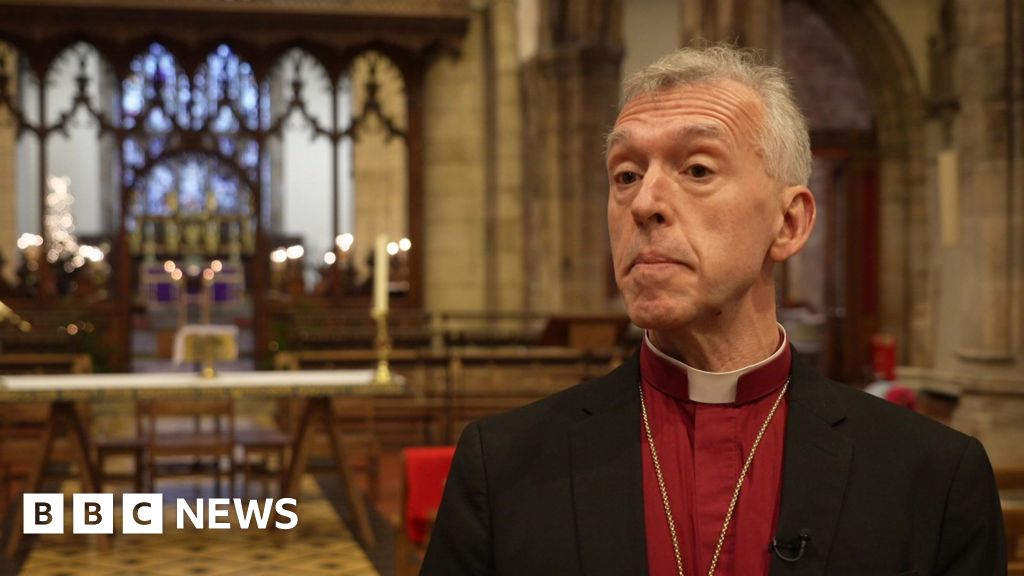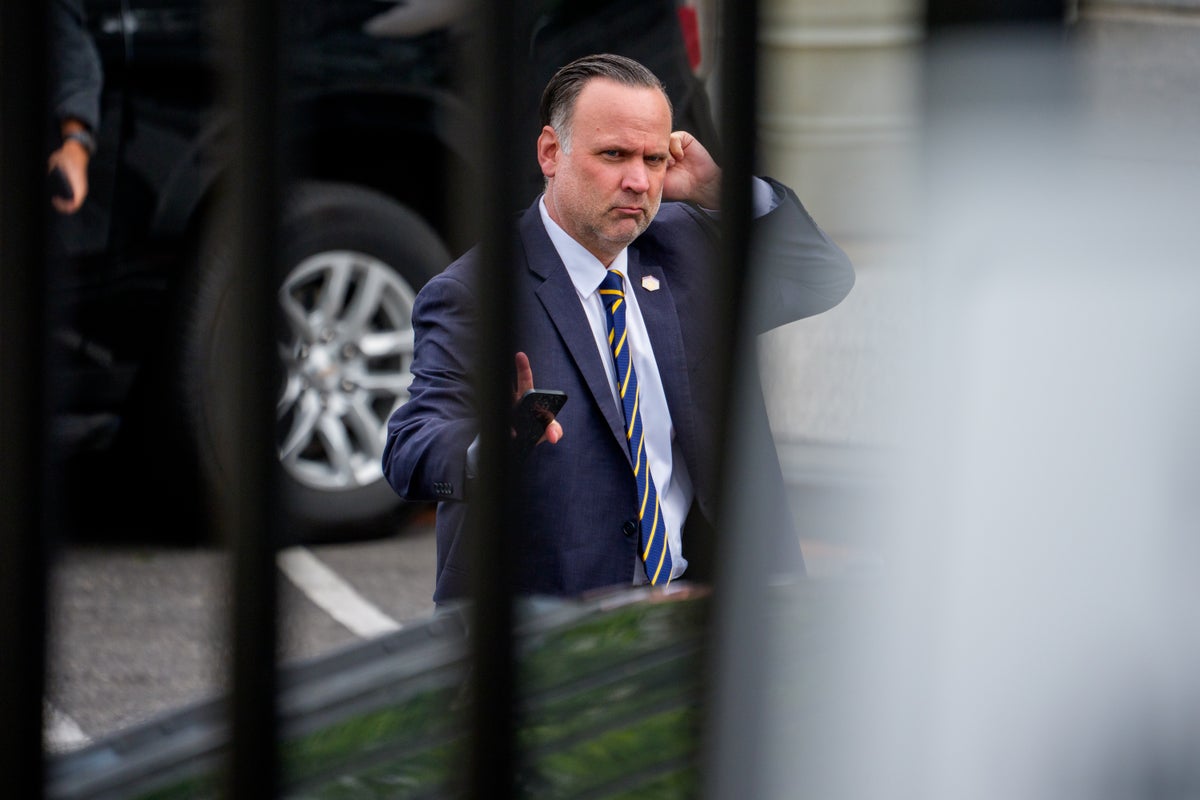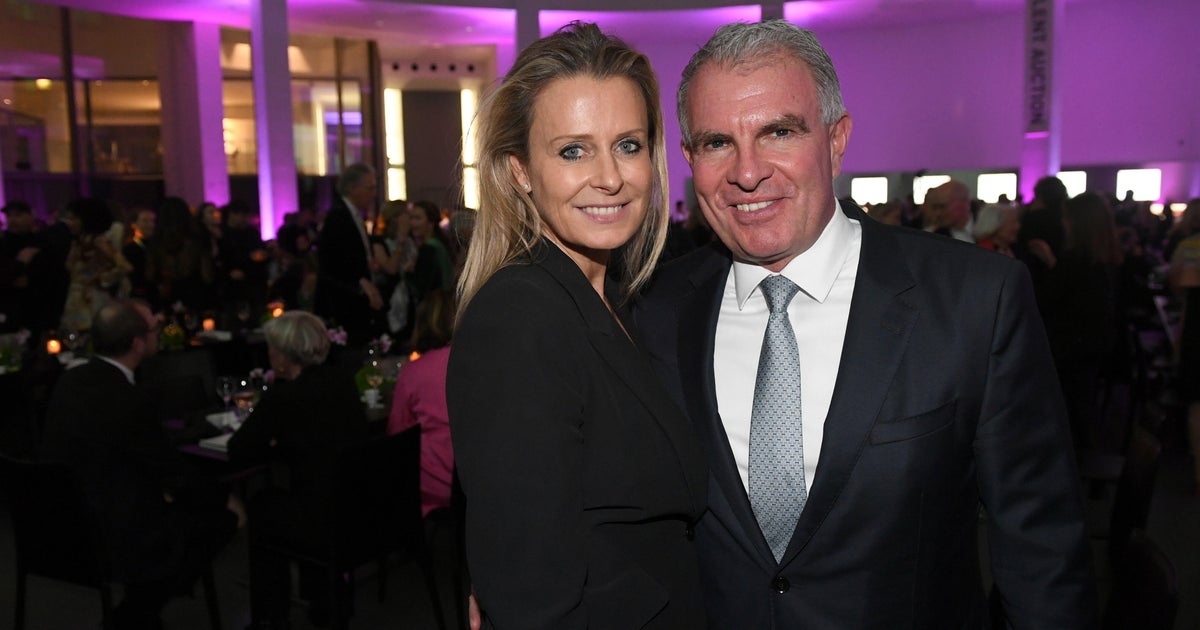President Donald Trump said the U.S. will impose a 35% tariff on all Canadian goods from Aug. 1 and threatened a blanket 15 to 20% levy on most other nations.
“If for any reason you decide to raise your tariffs, then, whatever the number you choose to raise them by, will be added onto the 35% that we charge,” the President said in a letter addressed to Canadian Prime Minister Mark Carney.
Carney wrote on X that his government would continue to defend workers and businesses while trade negotiations continue until the “revised deadline of August 1.”
Trump said the “fentanyl crisis” was “hardly the only challenge we have with Canada” and cited “unsustainable trade deficits.”
Just 0.6% of total fentanyl seizures in the U.S. originate from Canada, according to data from Customs and Border Control.
The U.S. goods trade deficit with Canada was $63 billion last year, according to the Office of the United States Trade Representative.
But while that figure is smaller than the $295 billion goods deficit with China, few countries rely on trade with the U.S. as much as its northern neighbor. Around three quarters of Canadian goods go to the U.S. and trade accounts for roughly two thirds of the economy, according to Global Affairs Canada.
Carney had recently dropped a Digital Service Tax on big American technology firms as part of a “bigger negotiation” with the U.S. on trade. White House Press Secretary Karoline Leavitt had called the tax a mistake and said Carney “caved” amid pressure from Trump.
It is unclear if the 35% tariff would apply to all Canadian goods, or whether Trump will follow through. “These Tariffs may be modified, upward or downward, depending on our relationship with your Country,” Trump said in his letter.
In March, Trump announced a 25% tariff on Canadian car and auto parts, and in June a 50% levy on the country’s steel and aluminum.
Trump has sent letters to more than 20 countries this week. On Wednesday, he threatened Brazil with a 50% tariff if it continues its “witch hunt trial” against former President Jair Bolsonaro over his alleged role in a plot to overturn the 2022 election.
Trump announced worldwide “Liberation Day” tariffs on April 2, a move that saw record stock market losses at the time. He later announced a 90-day pause with a smaller baseline 10% tariff on most nations that was due to expire on July 9.
Trump agreed this week to push the deadline to Aug. 1 to give more time for negotiations.

 7 hours ago
3
7 hours ago
3









